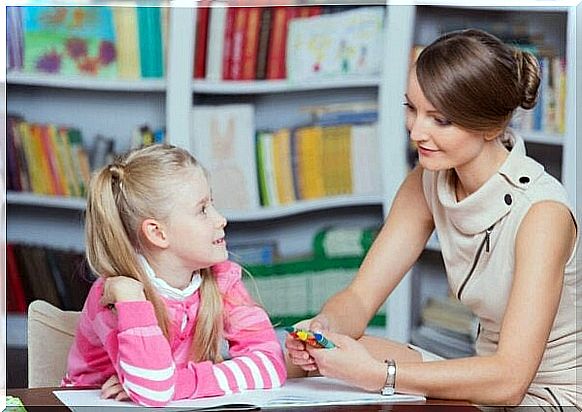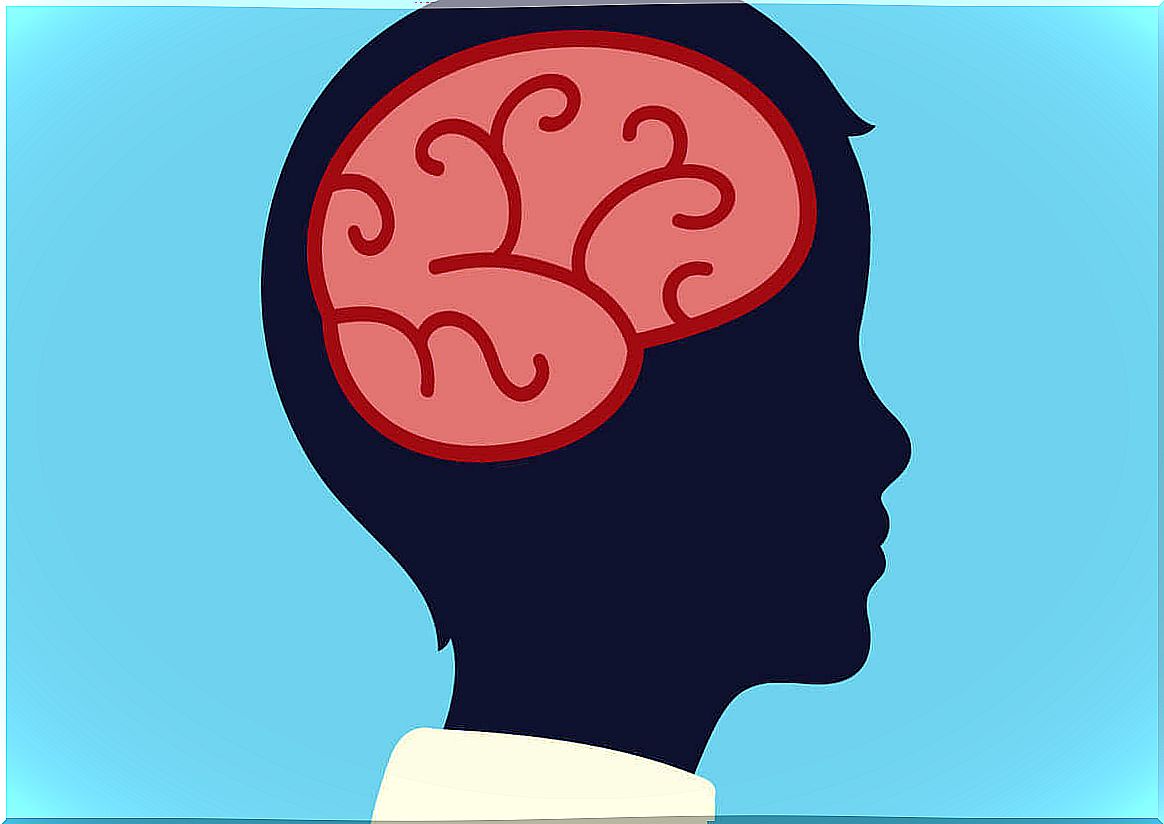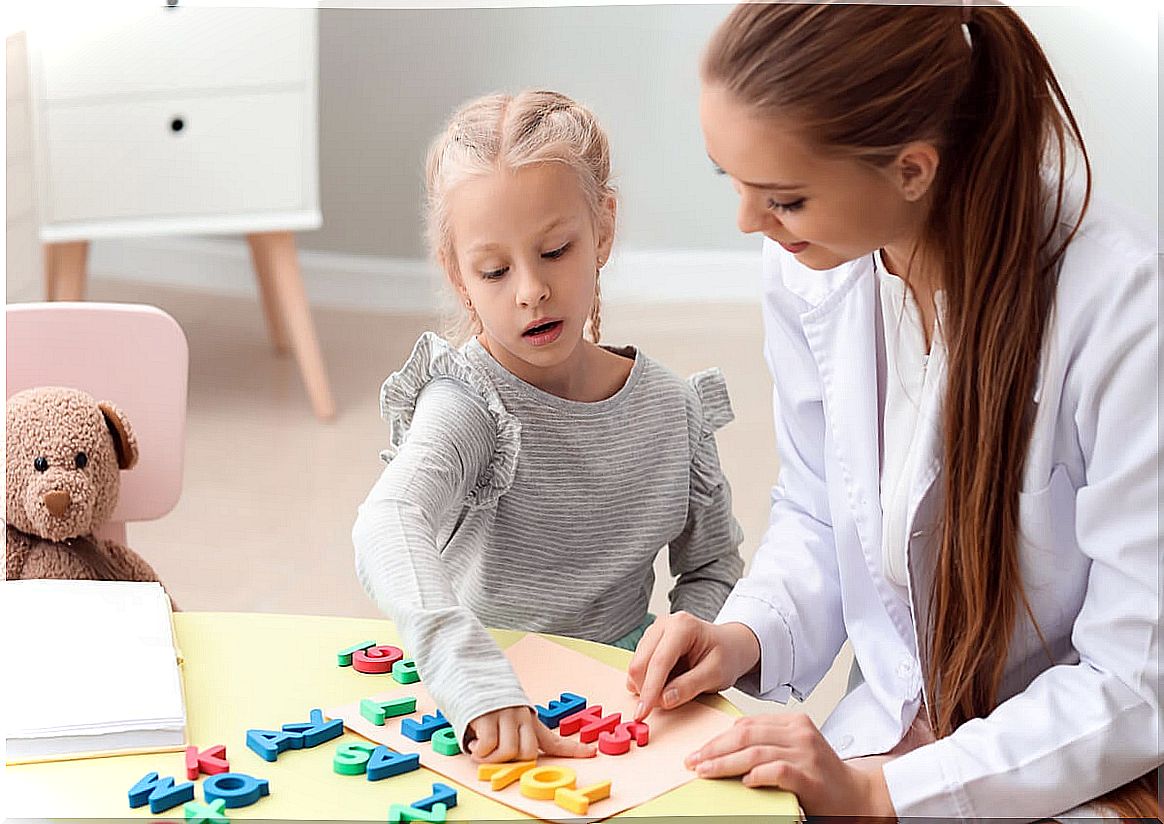Characteristics And Theories Of Educational Psychology

Educational psychology is a discipline that aims to understand and explain teaching and learning processes. It allows us to answer the following questions: How do we learn? How do we teach?
It also addresses the question of how we can learn and teach better. This article defines this branch of psychology. In addition, we are talking about the main models that belong to it.
Educational psychology: origin and conceptualization
Before we get acquainted with the definition of educational psychology, let’s talk about its origins. Coll was one of the writers who first approached the discipline of educational psychology in 1990. In doing so, he found two pieces of evidence:
- Educational psychology is a form of information related to the application of the principles and explanations of psychology to educational theory and practice.
- There is disagreement about almost everything else. For example, what does its application consist of, what content does it have and what relationship does it have with other fields of psychology, etc.
One feature that has punished the conceptualization and recognition of educational psychology is its lack of identity. The edges of its identity are blurred in three ways:
- Its beginnings have spawned a discipline between psychology and education.
- There is no coincidence between different specializations as to whether it is basic knowledge or applied knowledge.
- The different models on which it is based in building its knowledge.

Educational psychology
Nevertheless, educational psychology has been gradually defined and strengthened. In fact, it is a fairly stable discipline in the psychological and educational field today. It can be defined as “a branch of psychology responsible for studying a person’s processes of change in relation to formal or informal educational institutions (school, family, etc.)”.
It differs from psychopedagogy, for example, in that the latter is aimed at studying the psychological processes involved in learning and teaching throughout life. On the other hand, educational psychology also focuses on the analysis of human learning habits and teaching methods.
This discipline is also dedicated to analyzing the effectiveness of training interventions. In fact, it aims to improve various measures. In short, educational psychology studies human learning. In addition, it can focus its attention on subgroups of students or pupils. These can be, for example, children who are very capable, or children with some kind of disability (intellectual, sensual, etc.).
Theories of educational psychology
There are different theories and models in educational psychology. We are now talking about the main ones. These are behavioral and cognitive patterns. However, there is another model, called the constructivist model, which we will not talk about further in this article.
Behavioral patterns
Watson’s classical treatment model, Thorndike’s instrumental treatment model, and Skinner’s operant modeling model were the first to emerge among the behavioral models.
Watson’s classic conditioning model
Watson (1878-1958) based his classical model of conditioning on the works of Pavlov (1849-1936). This model examines how links are formed between stimuli and reflex responses that are essentially independent of each other. According to Watson’s model, generalizing effects are also observed for other neutral stimuli such as a conditional stimulus.
Thorndike’s instrumental modeling
According to Edward Thorndike, learning is the result of repeated practice and practice in a number of stimulus-response challenge situations. Complex learning is the result of a long history of small connections because of their consequences.
The Skinner Model: Operational Conditioning
Skinner’s model (1904-1990) shows that learning occurs as a function of its consequences. Skinner, together with his Harvard partners, applied the basic principles of experimental behavior analysis (EBA) and proposed training strategies related to behavior modification techniques . The following stand out:
- Design
- Attenuation
- Chain
- Token financial system
- Self-regulation or self-control
Cognitive models
Cognitive models of educational psychology include Bandura’s social cognitive theory, computer models, and Gagne’s cumulative learning theory.
Bandura’s social cognitive theory
According to Canadian psychologist Albert Bandura (1925), behavior is controlled by a person through cognitive processes and the environment, through external social situations. Bandura called this view “reciprocal determinism”.
The psychologist stressed that humans are not “powerless objects controlled by environmental forces” nor “free agents that can become anything.” Thus , both the person and the environment are mutually determining factors.
Data processing models
Another model of educational psychology is the data processing model (IP). This approach emerged in the field of cognitive psychology in the 1960s. It is characterized by the study of the mind using the analogy of the mind as a computer.
According to Slobin (1985), this approach sees the mind as a system that receives, encodes, stores, and retrieves information.
Gagne’s cumulative learning theory
Robert M. Gagne’s (1916-2002) cumulative learning theory is also known as general teaching theory. It attempts to integrate different forms of learning from behavioral theories. Gagné based her theory on two principles. These are:
- Not all learning is the same, but each type of learning requires different skills from students and different teaching methods from teachers.
- Learning is hierarchical. In other words, the highest levels of education depend on the lowest.
To create this hierarchical view of learning, Gagné defined taxonomy of eight different types of learning. These ranged from simple to complex. They are all considered equally necessary. The 8 levels are as follows:
- Character teaching (level 1)
- Stimuli and responses to learning
- Chain
- Verbal association
- Multiple discrimination
- Learning concepts
- Principles of learning
- Problem Solving (Level 8)

The figure of an educational psychologist
Educational psychology has now moved from theory to practice. In fact, many different theories in this field have been applied for years in the context of child psychology. This discipline is halfway between psychology and education. It gives psychologists information about how we learn when we are young.
Educational psychologists often work in schools. However, they also work in private clinics and special training centers. They help students with special educational needs, who often learn much better when they approach knowledge in a way that is not the norm in their age group.









